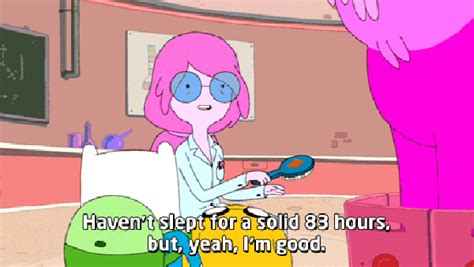Natural ways for men to boost testosterone & energy levels?

Understanding Testosterone and Energy in Men
Testosterone, often dubbed the primary male hormone, plays a crucial role not just in libido and muscle mass, but also in energy levels, mood, bone density, and overall vitality. As men age, testosterone levels naturally decline, but various lifestyle factors can accelerate this drop, leading to symptoms like fatigue, decreased libido, weight gain, and reduced muscle strength. While synthetic treatments exist, many men seek natural, sustainable ways to support their body’s inherent ability to produce testosterone and maintain optimal energy.

Optimize Your Diet for Hormonal Health
What you eat directly impacts your hormonal balance and energy production. A diet rich in whole, unprocessed foods is fundamental. Focus on:
- Healthy Fats: Include monounsaturated and polyunsaturated fats from sources like avocados, nuts, seeds, and olive oil. Cholesterol, a precursor to testosterone, needs healthy fats for its synthesis.
- Quality Protein: Adequate protein intake from lean meats, poultry, fish, eggs, and legumes supports muscle maintenance and overall metabolic health, indirectly influencing hormone production.
- Zinc-Rich Foods: Zinc is a vital mineral for testosterone production. Oysters, red meat, poultry, beans, nuts, and dairy are excellent sources.
- Vitamin D: Often considered a hormone itself, Vitamin D is crucial for testosterone synthesis. Fatty fish, fortified foods, and egg yolks contain Vitamin D, but sunlight is the best natural source.
- Limit Sugar and Processed Foods: These can lead to insulin resistance and inflammation, both of which negatively impact testosterone levels and energy.
Embrace Regular Exercise, Especially Strength Training
Physical activity is a powerful natural booster for both testosterone and energy. Not all exercise is created equal when it comes to hormonal benefits:
- Strength Training: Lifting weights or performing bodyweight exercises significantly stimulates testosterone production. Focus on compound movements like squats, deadlifts, bench presses, and rows, which engage multiple muscle groups. Aim for 3-4 sessions per week.
- High-Intensity Interval Training (HIIT): Short bursts of intense exercise followed by brief recovery periods can also effectively boost testosterone and improve cardiovascular health and energy levels.
- Avoid Overtraining: While exercise is beneficial, excessive or prolonged cardio without adequate recovery can elevate cortisol (stress hormone) and potentially lower testosterone.

Prioritize Quality Sleep
Sleep is not merely a rest period; it’s a critical time for hormonal regulation and cellular repair. Chronic sleep deprivation can drastically lower testosterone levels and diminish energy.
- Aim for 7-9 Hours: Most adult men require 7-9 hours of quality sleep per night.
- Establish a Routine: Go to bed and wake up at consistent times, even on weekends.
- Optimize Your Sleep Environment: Ensure your bedroom is dark, quiet, and cool. Avoid screens before bed.
Master Stress Management
Chronic stress leads to elevated levels of cortisol, a hormone that directly inhibits testosterone production. Managing stress is paramount for hormonal balance and sustained energy.
- Mindfulness and Meditation: Regular practice can reduce stress and promote relaxation.
- Yoga and Deep Breathing: These techniques calm the nervous system.
- Time in Nature: Spending time outdoors has been shown to lower stress levels.
- Hobbies and Social Connection: Engage in activities you enjoy and maintain strong social bonds to mitigate stress.

Get Enough Sunlight and Vitamin D
Vitamin D, a fat-soluble vitamin that also functions as a steroid hormone, is strongly linked to testosterone levels. Studies have shown a correlation between adequate Vitamin D and higher testosterone.
- Sun Exposure: Aim for 10-30 minutes of direct midday sun exposure several times a week, depending on skin type and location.
- Dietary Sources/Supplementation: If sun exposure is limited, incorporate Vitamin D-rich foods or consider a supplement after consulting a healthcare professional.

Consider Natural Adaptogens (Consult a Professional)
While lifestyle changes are foundational, certain natural compounds can offer additional support. Adaptogens like Ashwagandha and Fenugreek have been studied for their potential to support testosterone levels and reduce stress. However, always consult with a doctor before adding any supplements to your routine, as they can interact with medications or have contraindications.

Conclusion: A Holistic Approach for Lasting Results
Boosting testosterone and energy naturally is not about a single quick fix but rather a comprehensive commitment to a healthy lifestyle. By optimizing your diet, engaging in regular strength training, prioritizing quality sleep, effectively managing stress, and ensuring adequate Vitamin D, men can significantly improve their hormonal health, vitality, and overall well-being. Embrace these natural strategies consistently to unlock your full potential and enjoy sustained energy and a higher quality of life.









